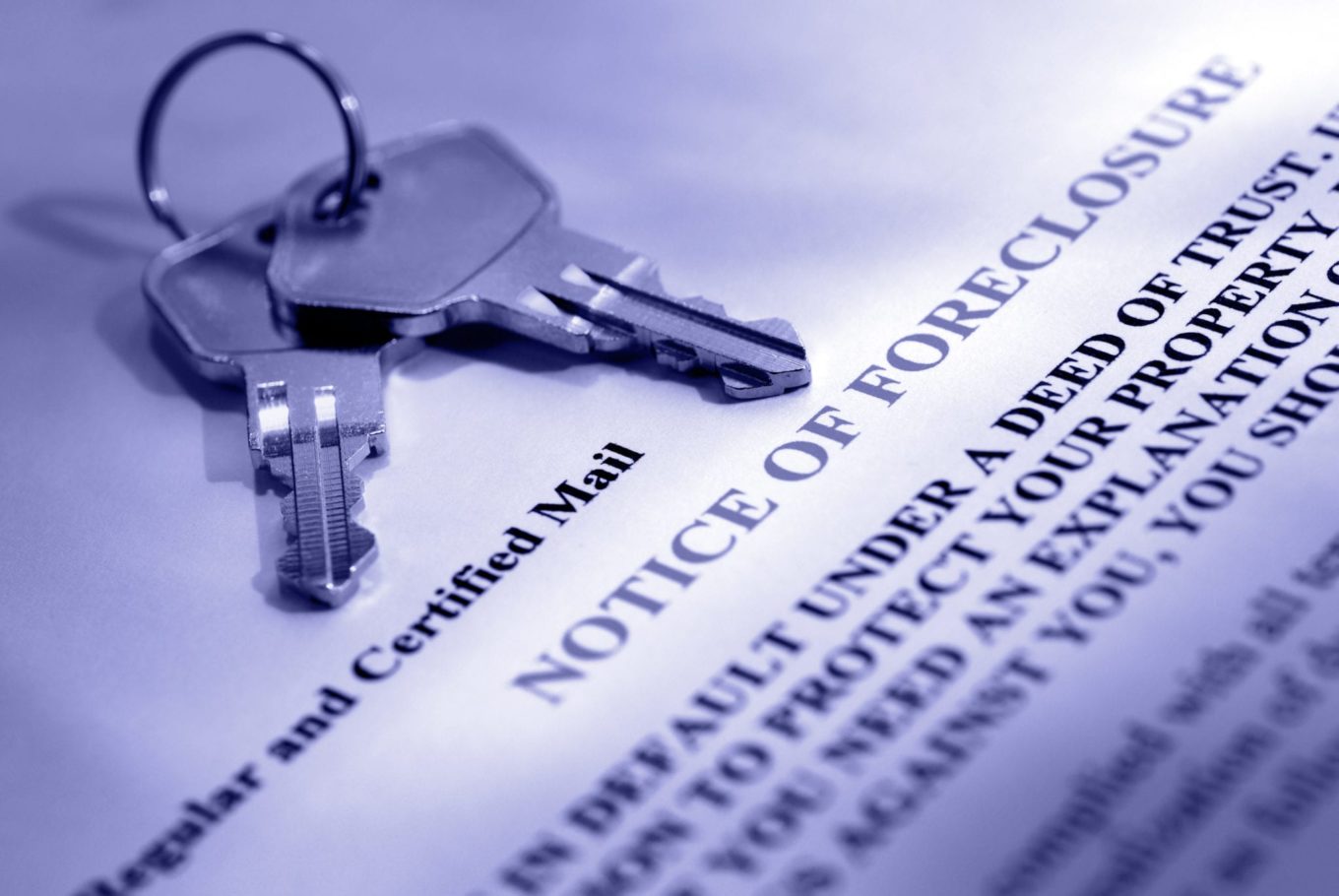In New Jersey, foreclosure happens over a series of steps. Understanding these steps helps you understand your options, and how you might mount a foreclosure defense.
Keep in mind the earlier you seek and obtain representation during this process, the more likely you are to keep your home. There are a series of decisions you’ll have to make to do that, and you’ll need guidance to make the correct ones.
Missed Payments
Though you won’t lose your home the moment you miss a payment, you need to start thinking seriously about foreclosure defense as soon as you do. Technically, you’re in breach of contract as soon as it happens, so the foreclosure process can happen at any time.
In reality, most lenders let you get about three months in arrears before they take the next step, which is sending a Notice of Intention to Foreclose. Once you receive this notice, you have 30 days before the lender can file a formal complaint in court.
That’s a total of 120 days during which you could be seeking legal representation and crafting a strategy. Many people wait until the process has progressed a lot further. That’s a mistake, because as soon as your lender files a Summons and Complaint in court, the clock starts speeding up.
See also: How to Choose a Bankruptcy Attorney.
The Summons & Complaint
Don’t let television fool you. In New Jersey, at least, dodging a process server or refusing to sign for your mail won’t do you much good.
Though you’ll receive the summons and complaint by certified mail, you’ll also get a copy by regular mail. And if the lender feels you’re too hard to reach? Your bank can get permission to serve you via publication instead, which is simple as running an announcement in the local paper.
You have just 35 days to file an answer. If you don’t, the lender automatically wins.
You’ll receive some information about the state’s mediation program too. You have 60 days to decide to participate in that, but don’t be fooled. Entering the program doesn’t stop any part of the process. It might help you resolve it, but if you don’t file an answer, and do so correctly, you can still lose your house.
See also: What You Need to Know About Being Sued for Debts in New Jersey.
Filing the Answer
At this point if you don’t already have help, you need some.
There are a variety of ways to file the answer. First, you want to make sure you’re filing a contesting answer. That is, you’re fighting the foreclosure. File a non-contesting answer by mistake, and you’ve as good as given your house to the lender.
Of course, to contest the foreclosure, you have to have grounds. Was the loan predatory, as defined by New Jersey law? Do you suspect the lender doesn’t have any legal interest in your property, or offers only incomplete or improper documentation to back up their claims, and thus is unable to foreclose on it?
See also: What is an Unconscionable Home Loan?
A good attorney can help you decide on the answer that’s actually going to hold water in court. And it must hold water, because the lender’s very next move will be to file a Motion for Summary Judgement.
A summary judgement means the judge will look over the facts of the case and determine whether you have adequate grounds to contest the foreclosure. If the judge decides you don’t, he or she can rule in the lender’s favor then and there, without taking the matter to trial.
If the judge rules in your favor, the court will set a trial date. The court may also set deadlines for discovery, during which both sides will gather documents, conduct interrogatories, and hold depositions. If you have a strong case, we’ll be helping you build it during this time.
The Trial
If the matter goes all the way to trial then you could very well win the right to keep your home. But the lender tends to win these things more often than the borrower does.
If the lender wins, the Court will issue a Writ of Execution. This allows the Sheriff to put your house up on the auction block. Even then you have 10 more days to redeem the property. At this point, though, you can only do that be refinancing the loan, paying the entire loan off, or selling the house so you can pay the entire loan off. By the time the home sells at auction, even bankruptcy can’t save it.
And even after the home sells, you may still end up owing money if it sells for less than you owed. The lender can now pursue a deficiency judgement against you which could make your life even harder.
See also: What is an Emergency Bankruptcy?
Speaking of Bankruptcy…
It’s going to be the right choice for most New Jersey homeowners facing foreclosure. And it’s going to be the right choice way back at the beginning of the process, when you’ve just missed your first or second payment.
While there are ways to delay sheriff’s sales, ways to fight foreclosures in court, and ways to handle the situation for mediation, most of our clients are in trouble because they just can’t pay the mortgage. Most need the protection of the automatic stay, the bankruptcy provision that brings all collection and foreclosure activity to a shrieking halt long enough for your bankruptcy case to proceed.
See also: Understanding the Automatic Stay.
Is bankruptcy going to be the right choice for your New Jersey foreclosure? We won’t know unless we talk to you, which is why we offer a free consultation to all New Jersey residents. Contact us to schedule yours today.





